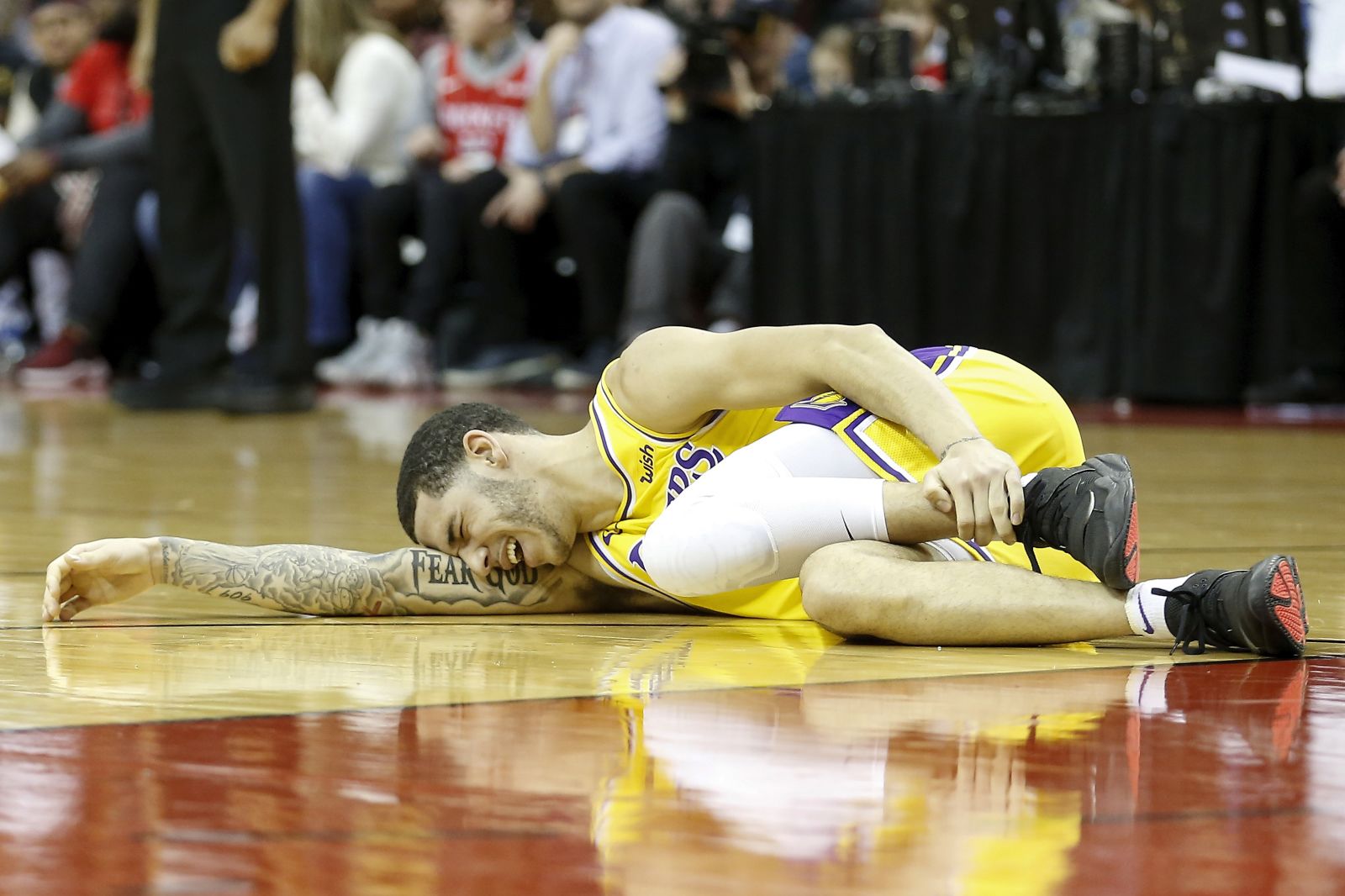
If you notice a few slightly funny things going on Matchday 1 of the 2019/2020 Premier League season, that might be because some of the rules of the game have changed.
We all know that the Video Assistant Referee (VAR) is coming to the English top-flight but there have also been some subtle tweaks implemented by law-makers, the International Football Association Board (IFAB), over the summer.
These changes came into effect on June 1 so you may have already spotted them during pre-season or the opening weekend of the EFL and at the FIFA Women’s World Cup.
But if not, here’s a guide to what’s changed and how it could impact on games.
Free-Kicks: No attacking players allowed in the defensive wall
We’ve long seen players from a team awarded a free-kick on the edge of the penalty box attempt to infiltrate the other team’s defensive wall.
It’s a ploy to try and force gaps in the wall so the ball can be fired through, or to distract the goalkeeper with chaos and movement.
But these rule changes will spell an end to such shenanigans because whenever there is a wall of three or more players, those from the attacking team are not allowed within one metre of it.
If one gets too close, the referee will award an indirect free-kick against them.
Goal Kicks: Receiving the ball inside the penalty area
Lots of teams at all levels like to play out from the back these days, with the goalkeeper rolling the ball out to a defender and moving forward from there.
Previously, the ball had to leave the penalty area from a goal kick before it could be moved forward, but that’s no longer the case.
So we will see more defenders coming short to collect the ball from the keeper and they can do so safe in the knowledge that opponents must remain outside the area.
Substitutions: Players must leave the field at the nearest point
The sight of players deliberately wasting time by leaving the field at snail’s pace when they see their number on the electronic board will be consigned to the past.
Players who are now being subbed off must now leave the pitch by the nearest point on the touchline and walk back to the dug-out from there.
And there can be no dawdling as they make their way back either. A provision has been put in place that they must make their way directly to the technical area or dressing room or face a sanction for unsporting behaviour.
That means they cannot interact with supporters or other players as they walk round the pitch.
Yellow and Red Cards: Referees can delay and can be shown to managers
A real frustration for fans is when the referee blows his whistle and stops a quick counter-attack in its tracks.
Now, if the referee intends to show a yellow or a red card but a team takes their free-kick quickly and it leads to a goalscoring opportunity, the referee can now delay the card until the next break in play.
The idea is that teams on the attack don’t have their momentum halted by unnecessary whistle-blowing.
However, if the team that committed the foul has been distracted by the referee reaching for his pocket to issue the card, the quick free-kick will not be allowed.
Also, referees have now been given new powers to ensure managers and coaches are on their best behaviour at all times.
They can brandish yellow and red cards to them in the same way as they would punish players when they step out of line.
If there is a bust-up on the touchline, or a coach shows dissent, expect the referee to run over and reach for a card.
Intriguingly, if there is a melee and the chief culprit cannot be identified, then the most senior coach in the technical area will be punished.
So a manager could be sent off if one of their coaching staff misbehaves.
Penalty Kicks: Goalkeepers must have at least one foot on the line
This was something that caused controversy at the Women’s World Cup in France over the summer but mainly because some of the team hadn’t read up on the new rules.
Goalkeepers must have at least part of one foot on or in line with the goal-line when a penalty kick is taken.
In addition, the keeper must not be moving or touching the crossbar/posts/net when facing a penalty. They also cannot now stand behind the line.
While all this should clarify what keepers can – or rather cannot – do at penalty kicks, it does very much limit their freedom.
One exception is that when the penalty taker ‘stutters’ during their run-up, there is an allowance for the keeper to step off the line in anticipation of the kick. Paul Pogba beware.
Handball: ‘Unnatural’ arm positions punished
We’ve already seen the effects of the new handball rule that states a player cannot make their body ‘unnaturally bigger’ by sticking out their arm or hand to block the ball.
IFAB say that having the hand or arm above shoulder height is not a ‘natural’ position and have warned players they are ‘taking a risk’ by doing that.
In addition, any goal scored or created with the use of a hand or arm will be disallowed even if it’s accidental.
But players will be given a bit of grace if the ball ricochets onto their arm or hand off the body of another player or another part of their own anatomy.
Drop balls: Now uncompetitive
They are a rarity in games anyway but there’s something brilliantly frenetic about a contested drop ball. There was an excellent example in the Old Firm derby last season.
But the competitive drop ball is sadly no more. If play is stopped inside the penalty area, the ball will simply be dropped for the keeper to resume play.
If outside the box, it will be dropped for a player from the team that last touched the ball. All opponents will have to be at least four metres away.
IFAB argue that many competitive drop balls just lead to ‘aggressive confrontation.’
Goal Celebrations: Bookings for ‘illegal’ celebrations
With the introduction of VAR to the Premier League, the reality is we’re going to see more disallowed goals.
So players should be aware that they will still receive a yellow card for an ‘illegal’ celebration – such as removing the shirt – even if the goal is disallowed.
Kick-Off: More choice
The team that wins the pre-match coin toss now has the choice to take the kick-off or which goal they wish to attack.
Previously they only had the choice of which goal they wanted to attack.










